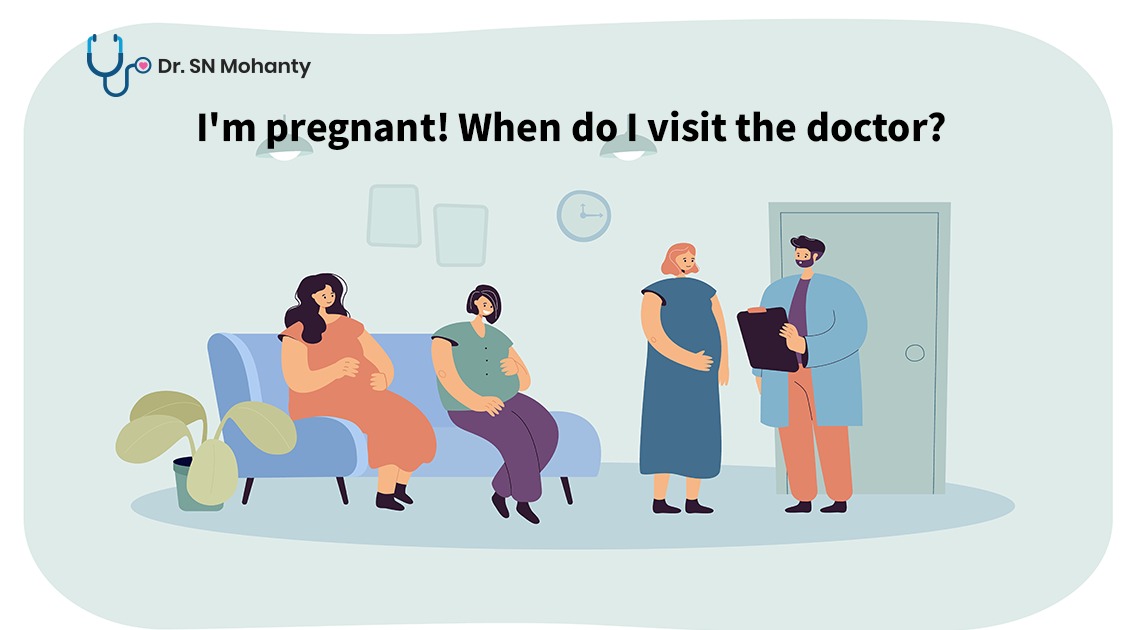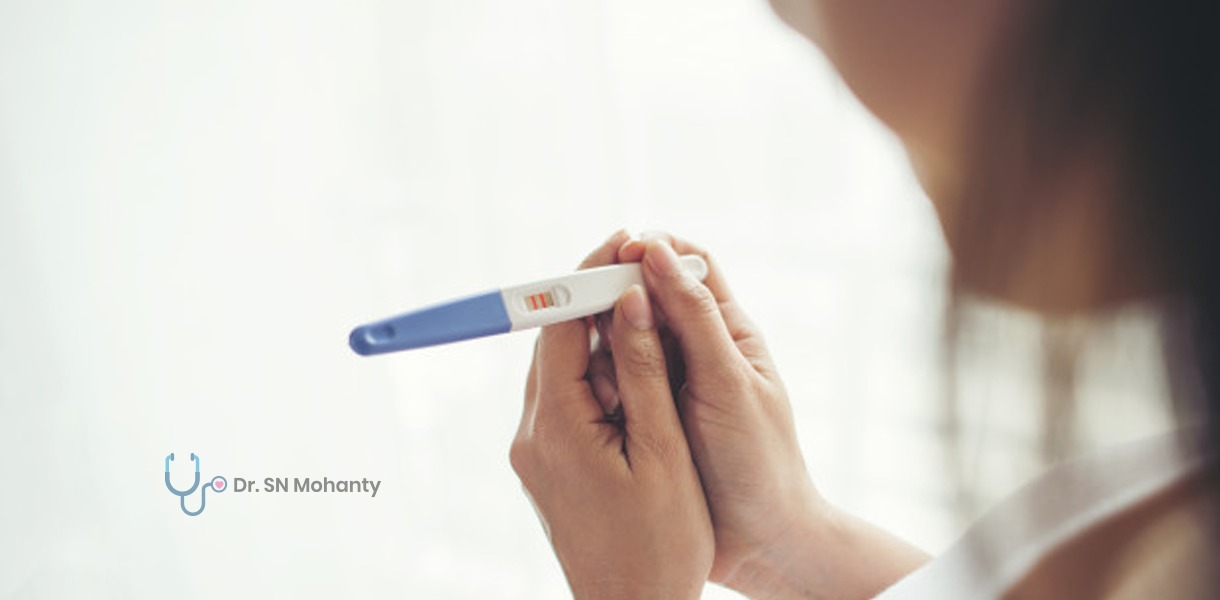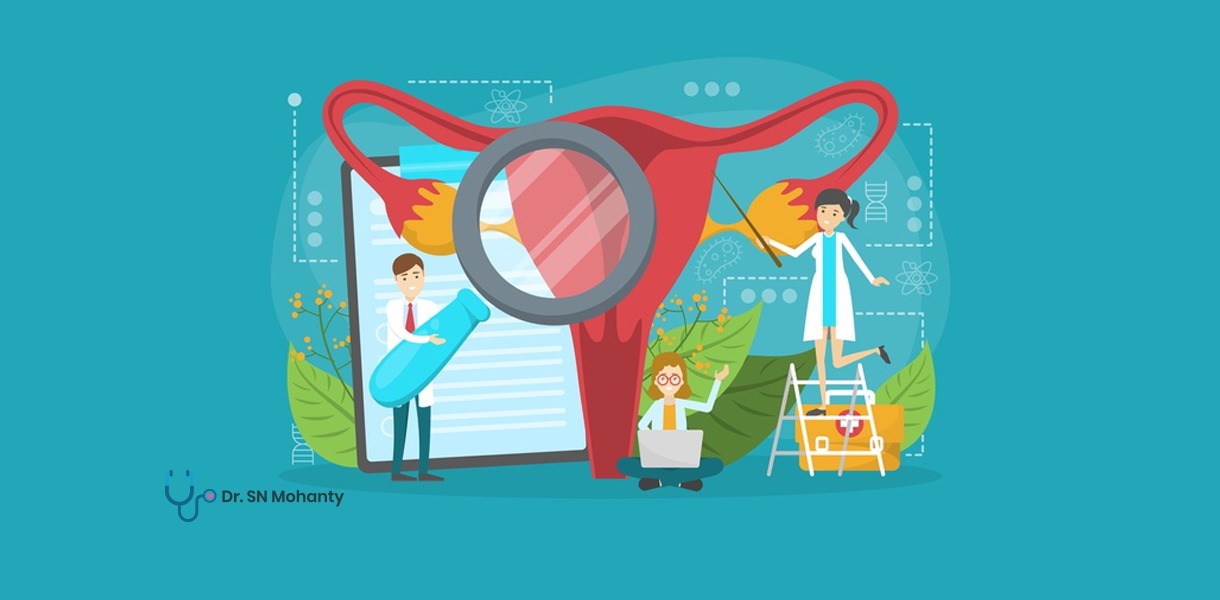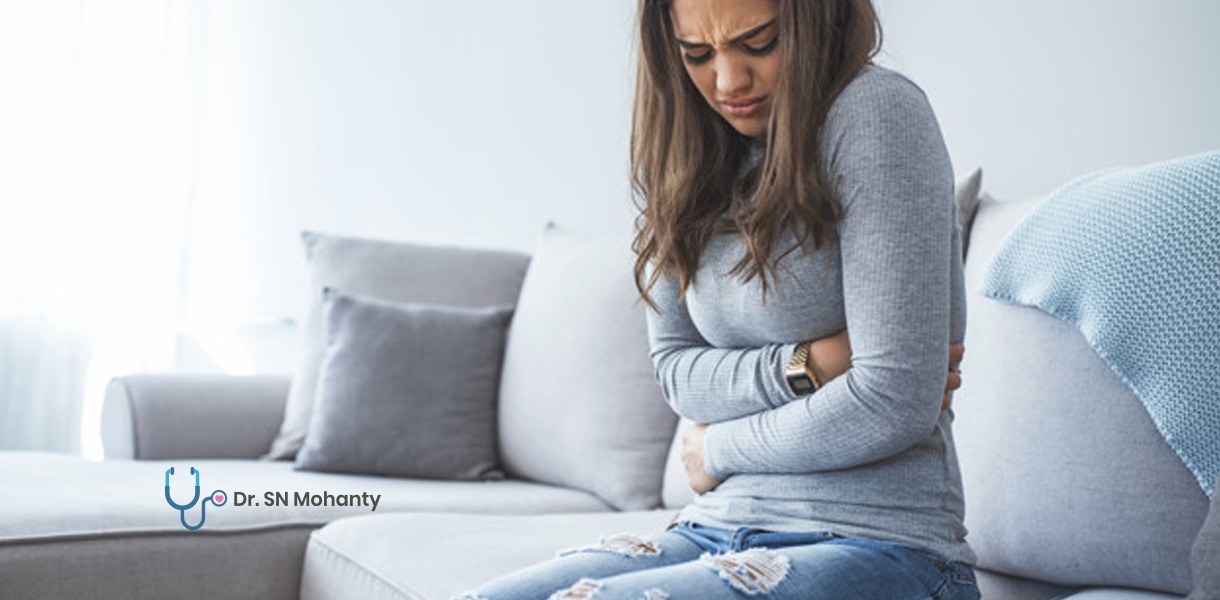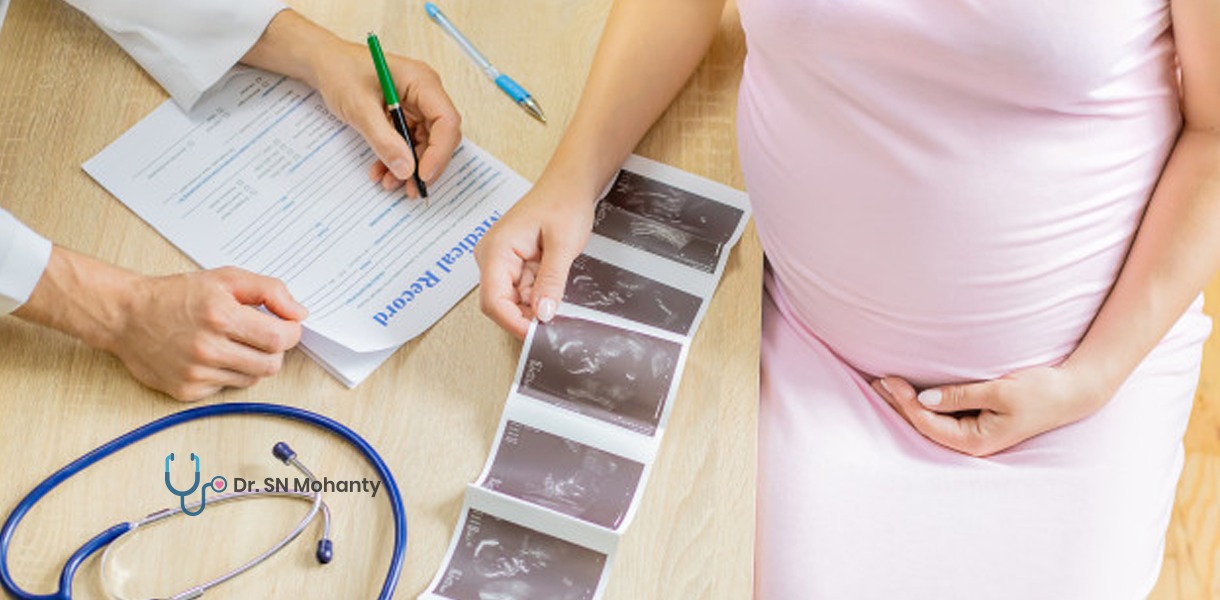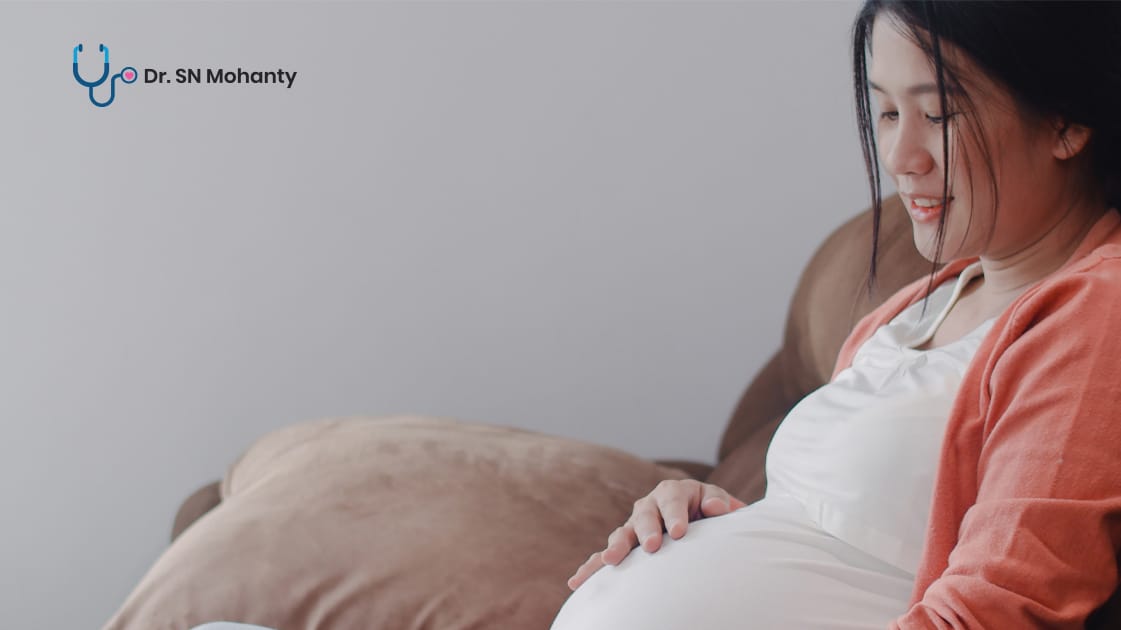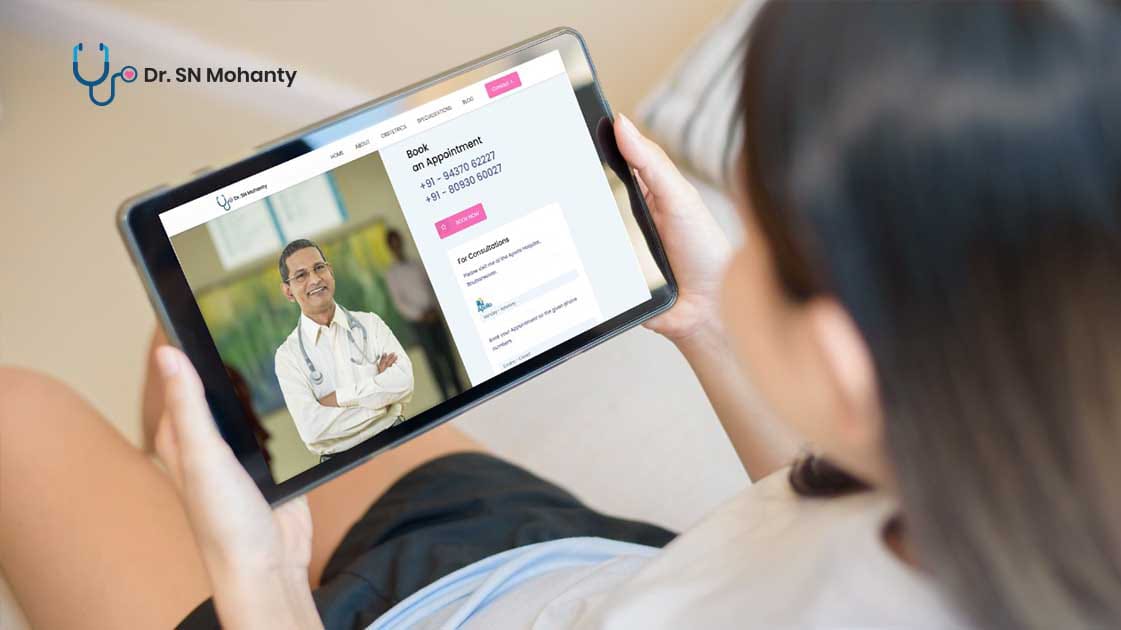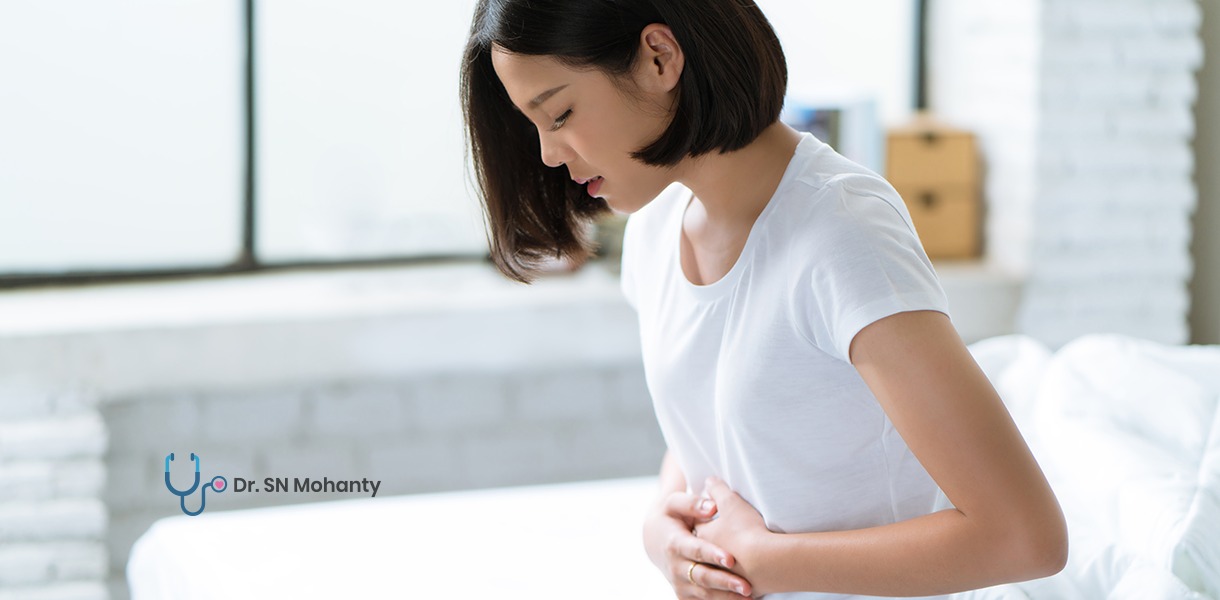
PCOD, or Polycystic Ovary Disease, is a sort of hormonal issue that influences one of every 10 ladies. It refers to a condition when a woman develops little cysts in the ovaries. Other than unpredictable hormonal disorder, this condition can trigger diabetes, infertility, acne, and excessive hair growth over the face and body, and can also lead to baldness.
It's a disorder with no exact cure. Most PCOD patients are overweight and are encouraged to exercise and maintain a good diet consistently, which can additionally assist with controlling the symptoms.
A woman diagnosed with PCOD produces higher-than-ordinary measures of male hormones. This hormone imbalance causes irregular menstrual periods and makes it harder for them to get pregnant.
In PCOD, some little, liquid-filled sacs develop inside the ovaries. "Polycystic" signifies "many cysts”.
These sacs are follicles, each of them containing an immature egg. The eggs never develop enough to trigger ovulation.
The absence of ovulation modifies levels of estrogen, progesterone, FSH, and LH. Estrogen and progesterone levels are lower than expected, while androgen levels are higher than expected.
Additional male hormones disturb the menstrual cycle, so ladies with PCOS get fewer periods than expected.
Common symptoms of PCOD
A few women begin seeing indications around the hour of their first period. Others just find they have PCOD after they've gained a lot of weight and face difficulties in conception.
The most common PCOD symptoms are:
• Unpredictable periods: An absence of ovulation prevents the uterine coating from shedding each month.
• Heavy Bleeding: The uterine lining builds up for a longer timeframe, so the periods you do get can be heavier than normal.
• Hair growth: Women with this condition develop hair all over and body.
• Acne: Male hormones can make the skin oilier than expected and women can face the problem of acne.
• Weight gain: Some ladies with PCOS are overweight or obese.
• Baldness: Hair on the scalp gets more slender and there is an increase in chances of hair fall.
• Skin Darkening: Some women may observe dark skin patches in the neck region, under the breasts, etc.
How PCOD influences your body?
Having higher-than-ordinary androgen levels can influence your fertility and other health issues. We will discuss the problem in detail.
Infertility: To get pregnant, you need to ovulate. Ladies who don't ovulate normally don't deliver the same number of eggs to be prepared. PCOD is one of the main reasons.
Metabolic disorder: Most of the ladies with PCOD are overweight or obese. Both obesity and PCOD increment your danger for high glucose, hypertension, low HDL cholesterol, and high LDL cholesterol. Together, these components are called a metabolic disorder, and they increment the risks for heart illness, diabetes, stroke, etc.
Endometrial disease: During ovulation, the uterine lining sheds. If you don't ovulate each month, the lining can build up, get thickened uterine coating, as a result, increase the risk of endometrial cancer or any other such risk diseases.
Discouragement:
Both hormonal changes and side effects like undesirable hair development can adversely influence your feelings.
Treatment of PCOD
The treatment is yet to be resolved for PCOD. The ailment is to be constrained by making some major changes in their lifestyle. Having a healthy diet, maintain a good weight, adopting healthy practices, being happy & stress-free, and regularly visiting your gynecologist can save you or can get you diagnosed with PCOD earlier so that further complications don’t arise.
A woman when diagnosed with PCOD can have major effects on their body as discussed above. Hence, PCOD patients must exercise consistently and keep up a sound eating regimen. The eating regimen ought to be low on sugars and starches. A high protein and high fiber diet are suggested for patients experiencing PCOD.
The rest of the treatment should be possible dependent on the side effects. Here are the various treatments & medications:
• Medications are accessible to control insulin level and parity hormones to address menstrual cycles.
• Skin medicines are accessible for acne, pigmentation, and hair development.
• Fertility treatment & medications are prescribed to infertile patients.
• Oral medications and injections are also suggested to induce ovulation and for increasing the chances of fertility the eggs are ruptured.
• Some treatments like laparoscopic surgery may be done as and when required.
• As a rule, PCOD is treated aggressively for patients who are willing to get pregnant. Adolescent patients are treated with hormones to regularize the periods and control insulin levels.
It is to be always kept in mind that no medication or treatment can help a PCOD patient, without adopting a proper and healthy lifestyle.
Always seek the best gynecologist for the best treatment and medication. The right doctor would prescribe you the right method of treatment, a proper diet, and would aware of any serious medical conditions.


